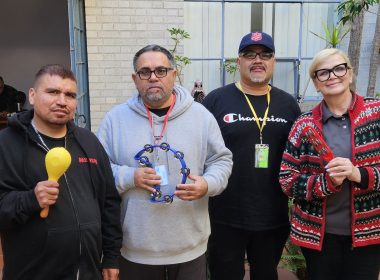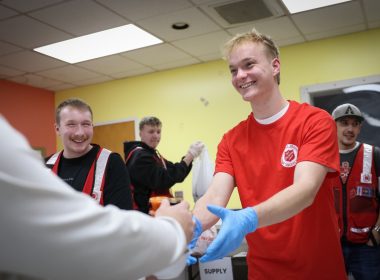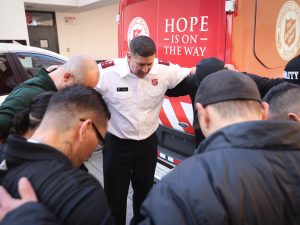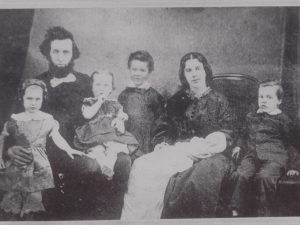Salvation Army becomes home for low-level inmates in Modesto
More than 60 percent of inmates released from California prisons wind up back in custody within three years, according to the State Corrections Department.
In an effort to reduce the number of inmates in the state’s 33 prisons to 137.5 percent of design capacity, Gov. Jerry Brown signed legislation in 2011 that places low-level (non-violent, low risk) inmates into the hands of individual California counties. Captain Lisa Smith, director at The Salvation Army Berberian Homeless and Transitional Living Center in Modesto, Calif., subsequently partnered with The Stanislaus County Sheriff’s Department to put this legislation into action through “Jail Alternatives.”
Smith opened up the shelter to low-level inmates who have been sentenced to house arrest, but have no home. There, the inmates can rehabilitate and eventually reunite them with their families. The Sheriff’s Department paid for five beds to kickstart the project in August 2013.
“Many of these non-violent, low-level offenders have addiction issues,” Smith said. “The clean and sober living environment is good for them and they do have accountability. This is a chance for them to rehabilitate and also prevent them from going back to prison.”
The $74,000 initiative is completely underwritten by the Sheriff’s Department with the possibility of adding five more beds in the center. This new endeavor is also made possible by the recent remodel of the shelter.
“Basically, it is a place for the inmates to stay until they finish their sentence or find a home,” Smith said.
The inmates are treated as transitional living clients and provided with case management and life skills services. They “own” and maintain their own areas—men and women reside in separate areas—and are required to wear ankle monitors.
“To date, we’ve not had any trouble,” Smith said. “In fact, the inmates are very helpful and they’re part of the life of the building. They socialize with others, volunteer and help out. They want to stay busy.”
The program has produced two success stories to date: a man found an apartment and is now living independently, and a woman finished her sentence and will be entering the Berberian transitional living program as soon as a bed is available; she started a nursing program in January.
Another participant, Antoinette Fererra, is currently serving a sentence for second degree burglary and is looking forward to seeing her child again.
“I am very blessed to be here,” Fererra said. “The physical and spiritual care has prepared me to get back into society and reunite with my child. Coming to The Salvation Army has given me the opportunity to have a healthier self-image and a blessing in serving other people.”











